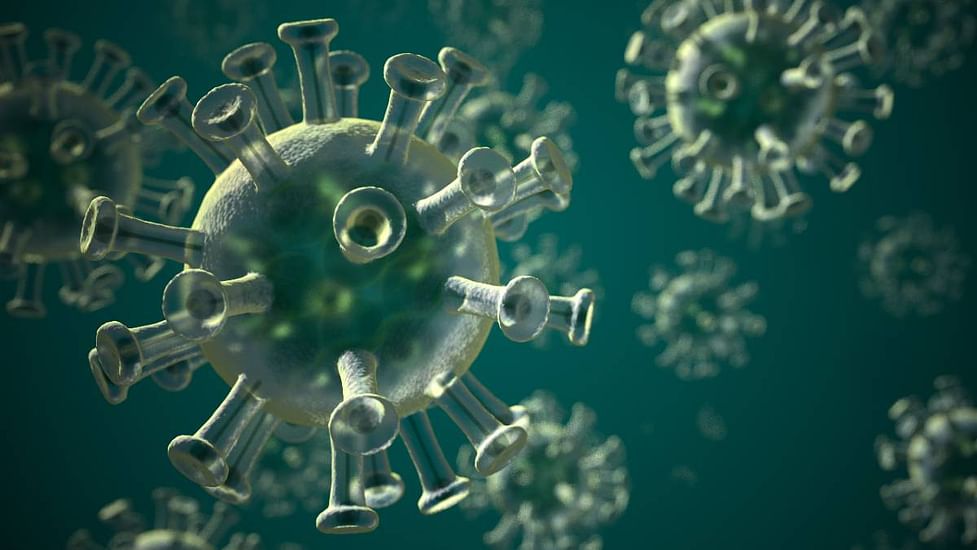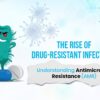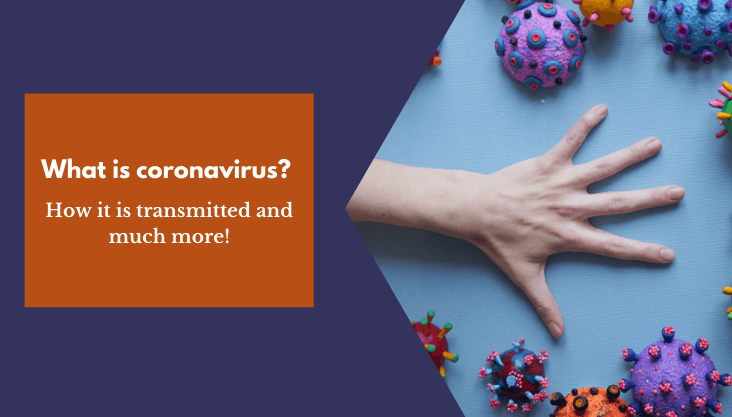What exactly is NeoCov?

NeoCov was first found in the Neoromicia capensis bat species, therefore the name ‘NeoCov.” According to a study conducted by Wuhan University and the Chinese Academy of Sciences Institute of Biophysics, the virus could be fatal to humans, killing one out of every three afflicted people.
It was found in 2014 to have 85% genetic similarity to the MERS-CoV virus, which caused an epid determines how the virus grabs onto specific receptors in host tissue. The distinctions in coronavirus receptor-binding domains define the type of host receptor the virus will be using, and thus the host it will be able to infect. There are now 4 well-known coronavirus receptors, including ACE2, that are used by SARS-CoV and SARS-CoV-2, and DPP4, which is used by MERS-CoV.
What are the potential dangers of NeoCov?
The virus is currently incapable of infecting humans. However, researchers recently discovered similarities between the NeoCov and SARS-CoV-2, a virus that triggered COVID-19. It’s why Chinese experts cautioned that the virus is just a mutation away from infecting humans and that it might be lethal as it would contain both the MERS-CoV high mortality rate and the SARS-CoV-2 virus’s high transmission rate.
No antibodies would prevent NeoCov from infecting humans because we haven’t yet developed the necessary antibodies to protect against NeoCov infections.
Is the NeoCov something to be concerned about?
We don’t understand the precise risk of this variant because more research is needed. The NeoCov research from Wuhan University and the Chinese Academy of Sciences Institute of Biophysics is still in its preliminary stages, has not been peer-reviewed yet, and no NeoCov instances have been reported in people since the virus was discovered 10 years ago.
In other words, the virus has little possibility of infecting people because NeoCov uses different receptors termed “a’ce2′ to attach to bats, and the virus would not be able to use the same receptor to grasp onto humans until a mutation occurs, which is rare.
However, until additional research is done, the risk to humans will not be fully recognized.
World Health Organisation :
Because the NeoCov virus has the potential to infect humans, the World Health Organization (WHO) is collaborating with the World Organization for Animal Health (OIE), the Food and Agriculture Organization (FAO), and the United Nations Environment Programme (UNEP) to keep a record of it and conduct more research.
To be safe, doctors advise limiting cold foods and following COVID protocol such as masking and taking double doses of COVID vaccination.








